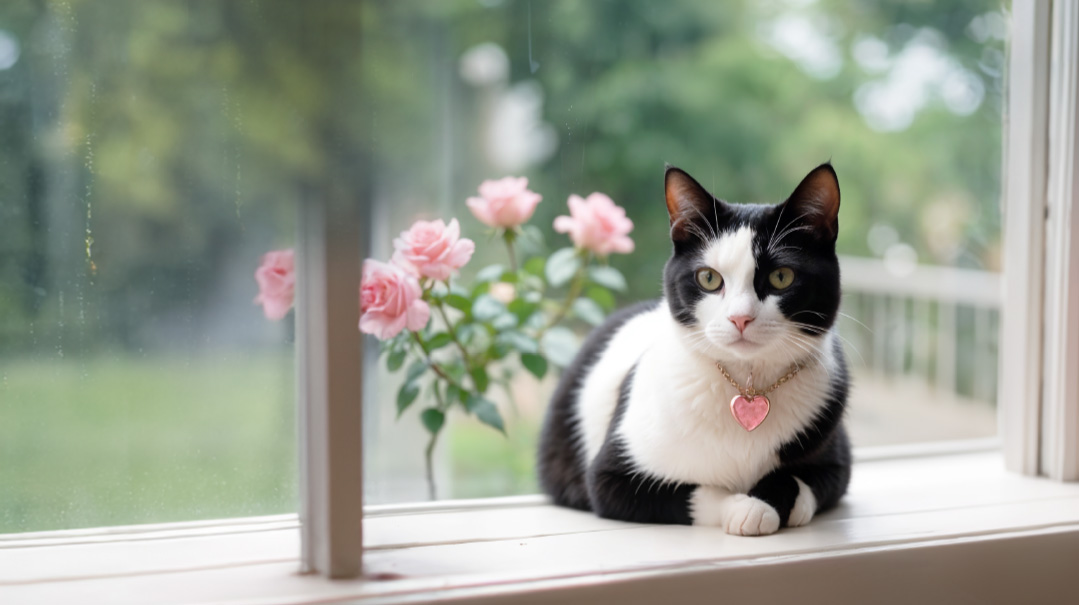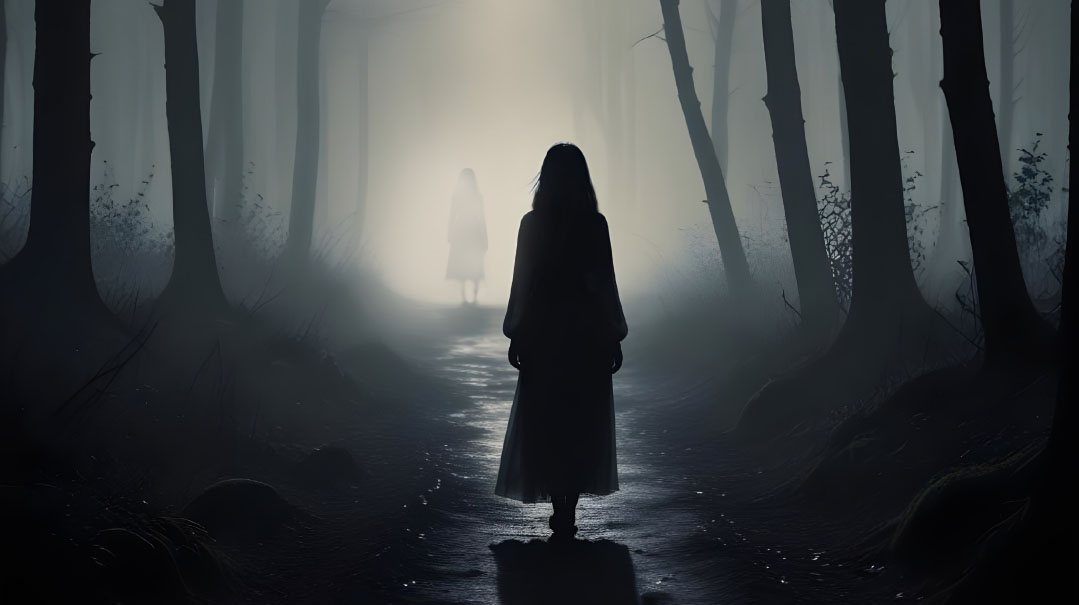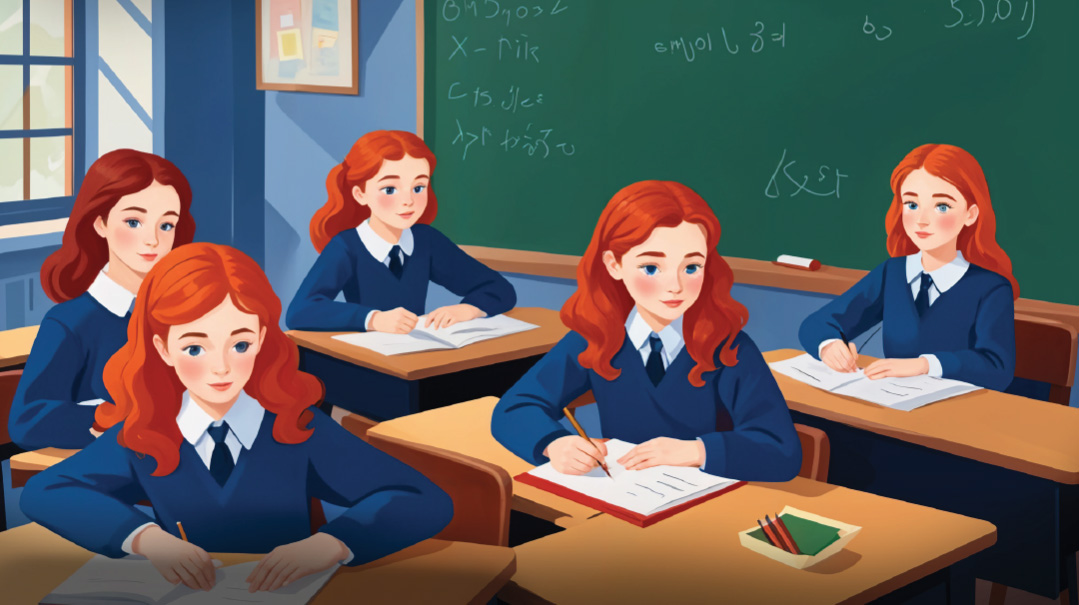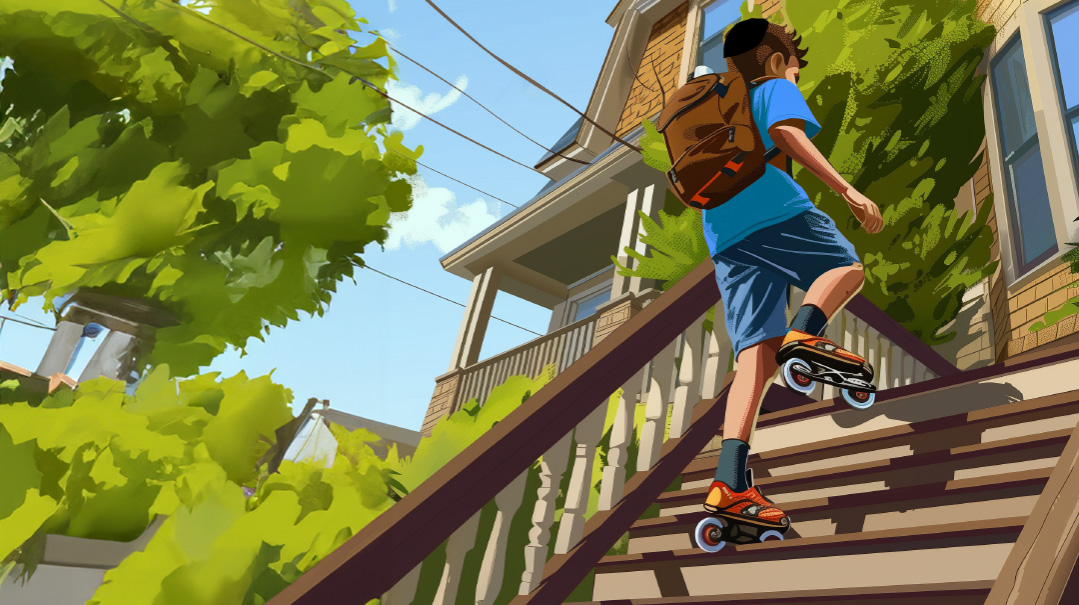Blindsight
| July 5, 2022Slowly, my fear of a diagnosis turned into a burning need for one

I
sat in the rocking chair in the dining room, head and eyelids drooping, until reality hit and I jerked into wakefulness once again.
This was the second week, or maybe the third, that I would lie at night listening to silence, conjuring up images of things worse than death, until the specter of them drove sleep far away.
I’d creep out of bed, settle myself down in the chair with a blanket and a Tehillim, and string together the age-old words until morning met my gritty eyes.
My precious baby was just… not. Not reaching developmental milestones, not eating properly, not looking like a normal baby should look at that age. And I was not. Not sure where we were going, not adept at working around an unfamiliar medical system, not fluent in the language.
But I knew enough to understand the neurologist that day when he told me, a young frightened mother, that the syndrome we were testing for was very bad.
“How bad?” I wanted to know. “Do kids… die from it?”
He looked at me and, without thinking of the consequences of his words, uttered with finality, “Oh, worse. People wish they would die.”
And I went home and waited six weeks for the results to come through. I didn’t eat, I didn’t sleep, only hysterically davened that my baby not be cursed with something so awful parents would prefer death.
She tested negative. And with every other test I did over that period, I went through the same cycle, pleading that everything should come up clean. She tested negative for everything.
But she didn’t miraculously start hitting milestones either. We bumbled from doctor to therapist, from second to third opinions, and only ended up with more questions.
And slowly, my fear of a diagnosis turned into a burning need for one.
Imagine, I thought after sending off DNA for yet something else, if we’d finally have a name. Then we could research options, join resources with other parents, have a picture of what to expect. Not to mention saving ourselves hours and hours of questions for regular disability benefit reviews — with no diagnosis, they had no guarantee she wouldn’t miraculously wake up walking and talking.
“Don’t worry,” I remember telling a professor, fed up with way-off-track questions about whether my daughter could close buttons herself. “If she gets up one morning telling me what she wants to wear and proceeds to dress herself, I’ll be the first one here to tell you about it, how’s that?”
I drove myself crazy at that point, even doing genetic testing for a syndrome so rare only 30 kids in the world had tested positive for it at the time.
And then we ran out of testing options, still with a mystery on our hands.
Looking back, I can’t say I laugh at the person I was then.
Not the person who was terrified to face the possibility that something was very wrong, and that her baby was never going to be okay.
And not the person who would have paid anything to give a name to a reality she had learned to accept.
Today, years later, I’m on the phone for a remote appointment (one pro for Covid — no wasting a whole day traveling and sitting in waiting rooms) with a professor for our annual checkup.
“So I really recommend this test,” she tells me. “We can get you approved for a considerable subsidy, and I think we’ll come away with more information than we’ve had before…”
But I’m no longer intimidated by the professionals, nor desperate for answers I know are unlikely to come.
“Will this improve her quality of life?” I ask, knowing I’ll get a speech about how medicine is advancing and how any piece of information is a crucial part of the puzzle that is our daughter.
I end the conversation having promised nothing, preserving the tenuous balance that is our lives right now.
This is a journey with many changes in terrain. Each stop brings changes in my weltanschauung, a growing understanding that the stop today is nowhere near our location tomorrow.
I sometimes think back to those difficult nights in the rocking chair — like worry, they say — two things that move a lot but get you nowhere.
I think of the things the five-years-ago me would have wanted. The ten-, fifteen-years-ago me.
All part of the itinerary… I have come a long way.
(Originally featured in Family First, Issue 800)
Oops! We could not locate your form.







